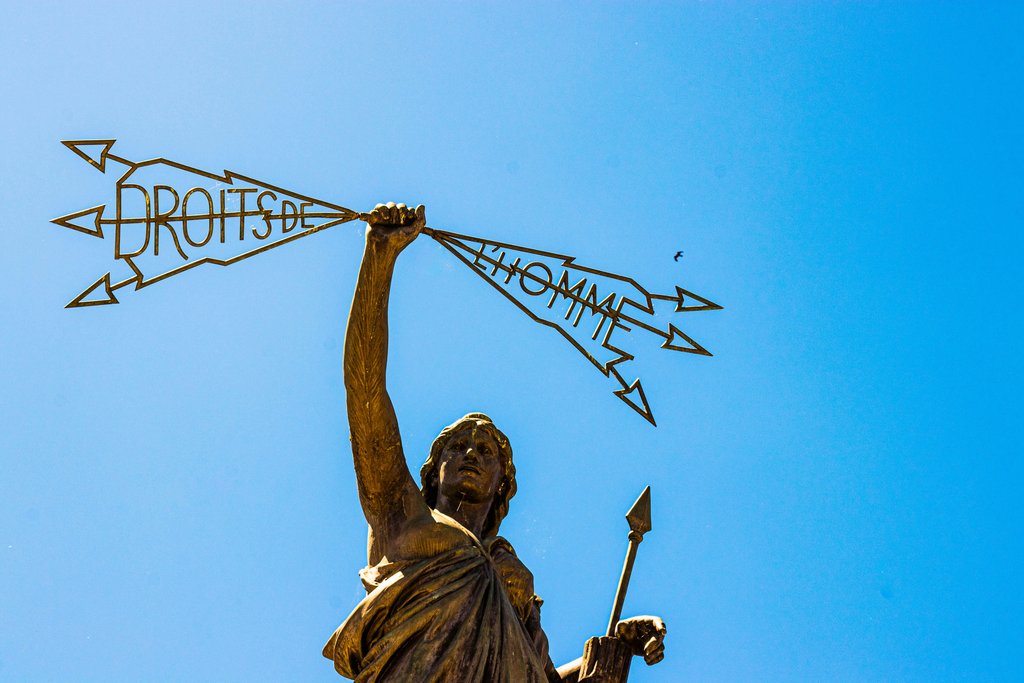Research - 05.04.2024 - 10:00
Distortions in human rights reporting
The UN has set up a procedure that should enable everyone to report human rights violations to the public. However, a new study by HSG shows that this procedure is very lopsided.

Like many other areas of Public International Law, the global enforcement of human rights is strongly based on the principle of mutual scrutiny and public and diplomatic pressure. However, mutual accusations between states are often geopolitically motivated and are therefore a poor indicator of the actual human rights situation in individual countries. Non-governmental organisations such as Amnesty International and Human Rights Watch have also dedicated themselves to publicly documenting human rights violations. But even these do not accurately reflect the human rights situation, says Dr Christoph Steinert from the Institute for Political Science at the University of St.Gallen. "Studies show that NGOs sometimes design their reports according to the interests of their donors." In addition, they often have poor access to information from countries in which civilian organisations are heavily suppressed.
Public pressure is effective
In order to remedy such shortcomings in human rights reporting, the UN High Commissioner for Human Rights itself has set up a complaints procedure for individuals and civil law actors who can turn to independent experts. These experts examine and publicise the human rights violations in order to build up pressure on the states concerned. Such international mechanisms can actually help to strengthen human rights, says Christoph Steinert: "There is scientific evidence that naming and shaming really does make a difference."
The USA at the forefront of complaints
Of course, for this procedure to be effective, it must be known to everyone, be equally available to everyone and be simple and safe to implement. And this is precisely where the UN mechanism has a problem, as a new study by Christoph Steinert suggests. In it, he was able to show that more human rights violations from richer countries are reported via the UN procedure than from less developed countries. "The USA, for example, is at the top of the list of published complaints, although the human rights situation there is relatively good, e.g. with regard to civil liberties and the right not to be arbitrarily detained or tortured," says Christoph Steinert. However, poorer countries that are known to have committed massive violations, such as Somalia, the Democratic Republic of the Congo or other sub-Saharan states, are hardly represented in the UN process. And there are also strong tendencies within a country as to who files such complaints. Here, too, socio-economic status plays an important role: "In the case of political prisoners in China, for example, we see that it is mainly professors and lawyers who go to the UN, and only a few workers or farmers."
Procedure must be made more accessible
Christoph Steinert therefore believes that the UN has a duty to simplify general accessibility to the procedure and raise awareness of its existence in poorer countries and social classes. It is currently relatively easy to complete an application online. However, it must be written in either English, French or Spanish. In addition, it needs to be communicated more proactively that the information can also be submitted anonymously. This is because many victims of human rights violations are afraid of retaliation and therefore prefer to remain silent.
Image: Unsplash / ddp
More articles from the same category
Discover our special topics











